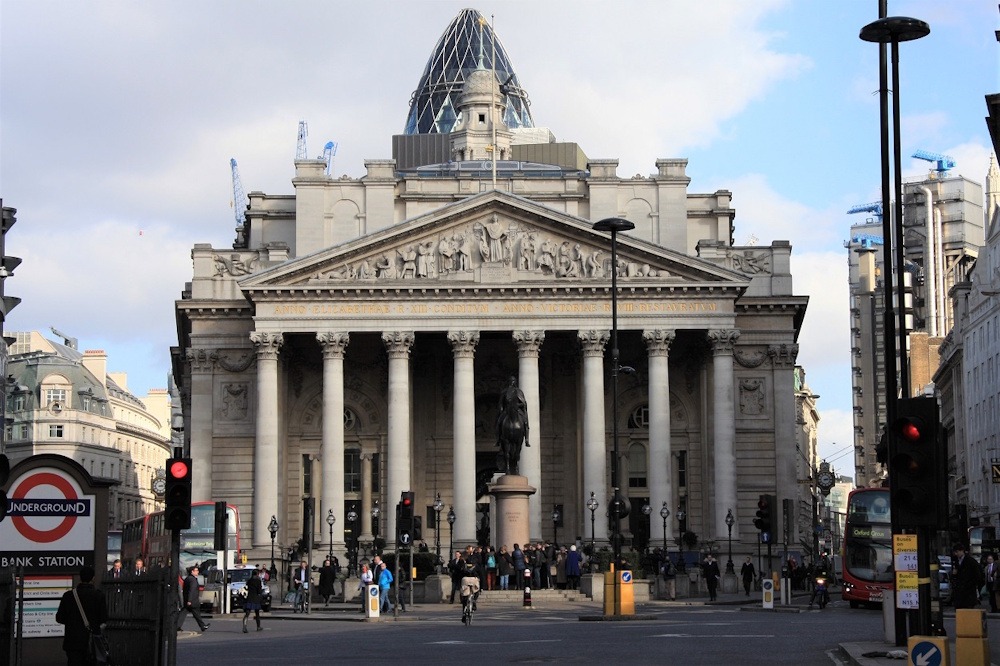
FTSE Futures showed a subdued performance on Wednesday, as investors assessed the overnight drop after Federal Reserve Chair Jerome Powell’s comments and took into account domestic corporate developments. The benchmark index declined by 0.08% at 0949, whereas the domestically focused index experienced a decrease of 0.07%. The main indexes saw a drop overnight after Powell indicated that the central bank needs to continue navigating the competing challenges of high inflation and a weakening job market in upcoming interest rate decisions, offering little clarity on the future path of interest rates.
Market participants remain hopeful that the U.S. central bank will lower interest rates in its last two gatherings of the year. In corporate news, Eli Lilly has opened a new tab. In a recent interview, Dave Ricks expressed that Britain was “probably the worst country in Europe” for drug prices. The comments reflect a wider reaction from major pharmaceutical companies, such as Merck and AstraZeneca, which have reduced their investments in the UK due to the difficult market conditions. The UK’s pharmaceutical and biotechnology sector experienced a decline of 0.9% in early trading, with major player AstraZeneca seeing a drop of 1%. The personal goods sub-sector experienced the most significant decline, decreasing by 2.7%. Shares of luxury brand Burberry experienced a downturn, dropping by 3.2%.
Among individual stocks, Britain’s JD Sports Fashion reported a 13.5% decline in first-half profit. While maintaining its full-year guidance, the company also expressed ongoing caution about the trading environment. The British sportswear retailer’s shares showed little change in early trading. Baltic Classifieds Group’s shares experienced a significant decline in the FTSE 250, falling by 10.6%, following the release of results that did not meet market expectations. Pinewood Technologies has experienced a decline of 9.8% following the British auto retailer’s forecast for its 2025 EBITDA, which fell short of analysts’ consensus.
Conversely, aerospace and defence increased by 1%, following the upward trend of European counterparts after U.S. President Donald Trump made an unexpected and notable rhetorical shift, expressing his belief that Ukraine could reclaim all territory occupied by Russia.
